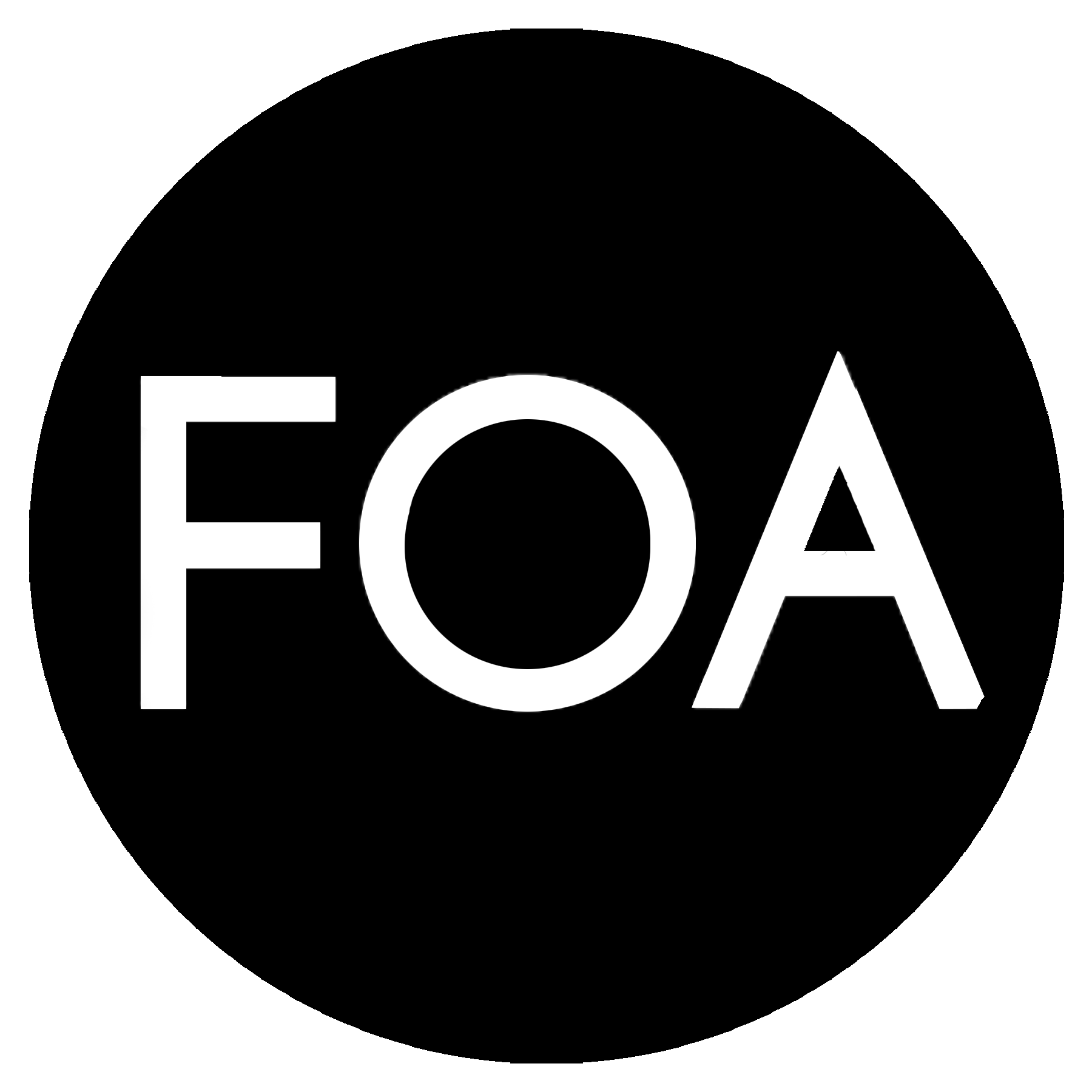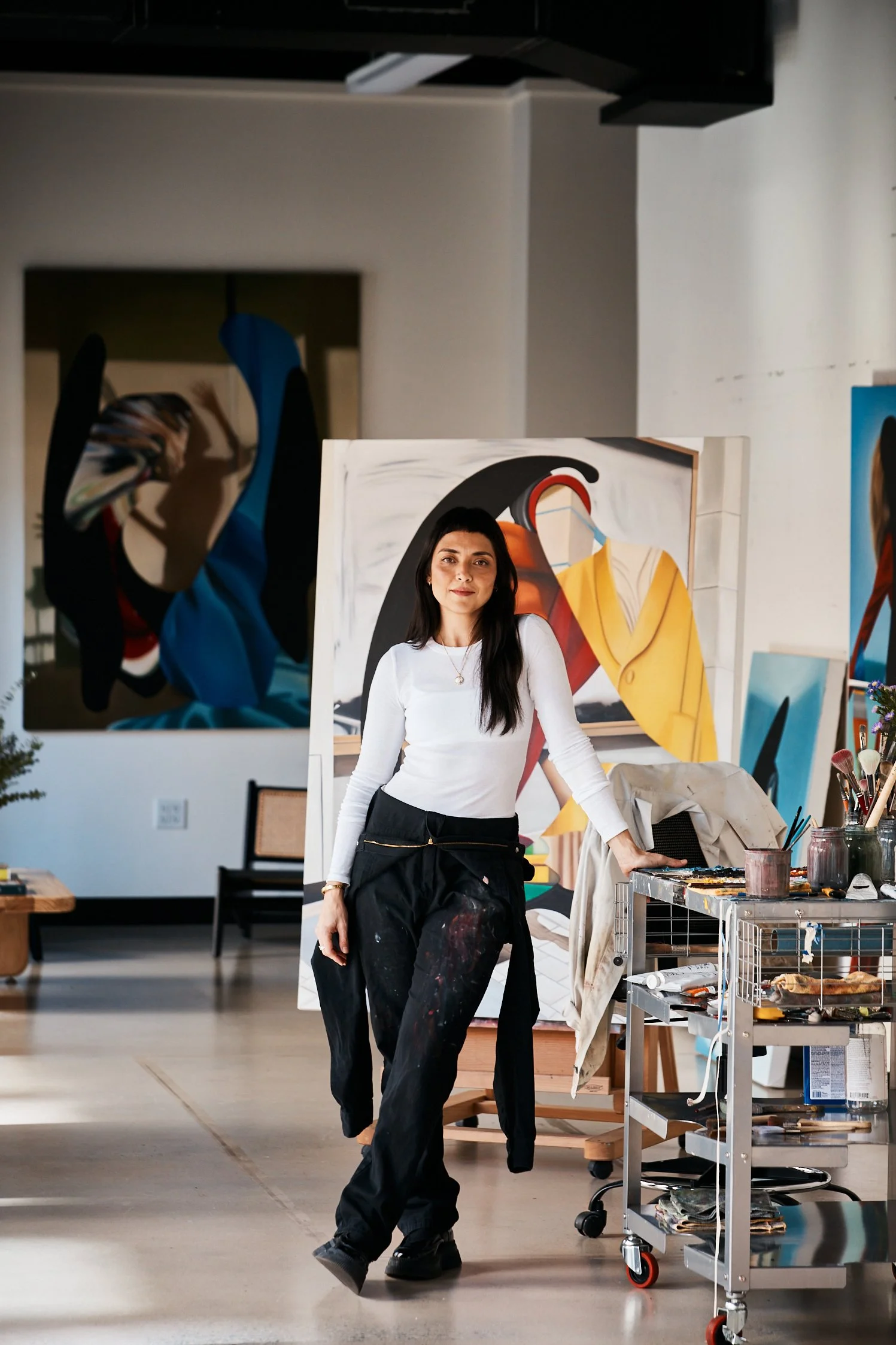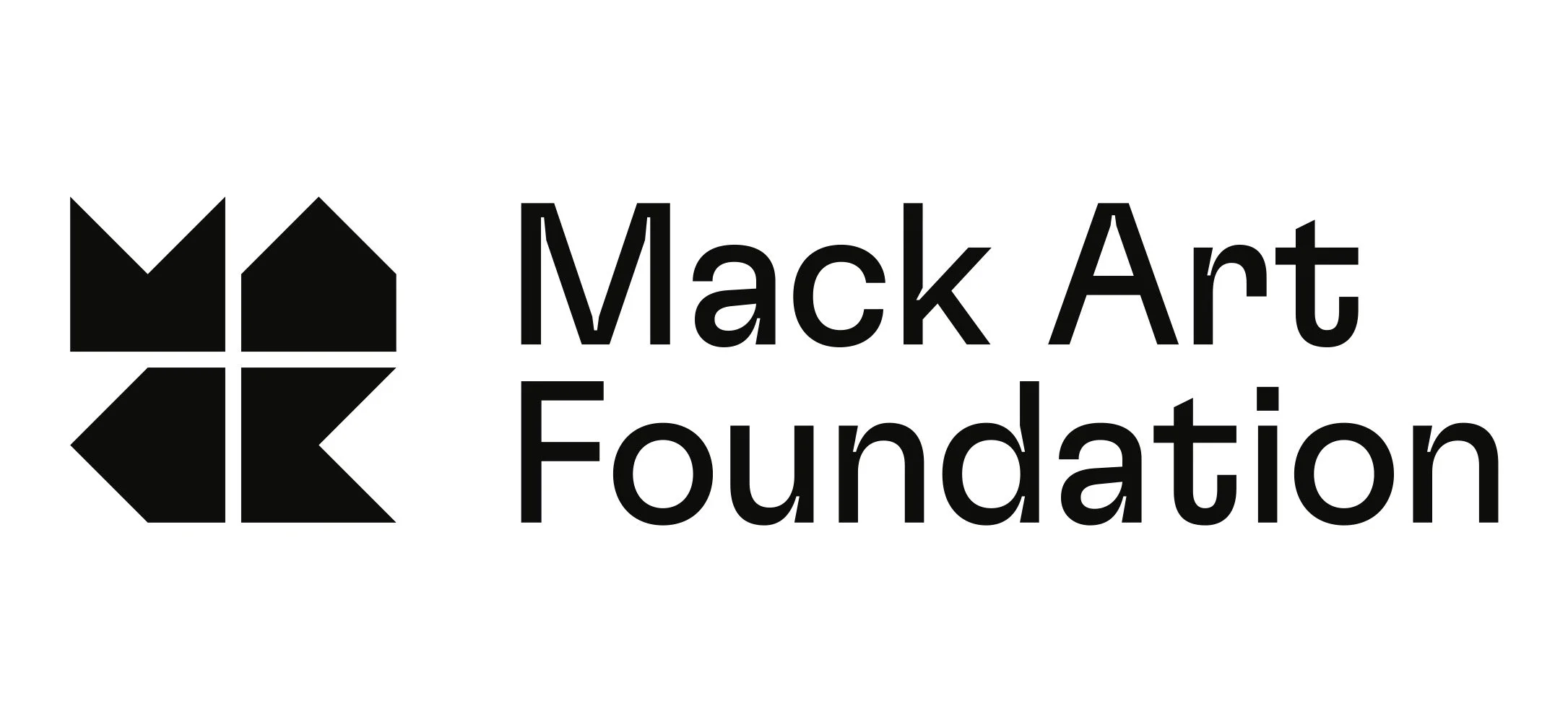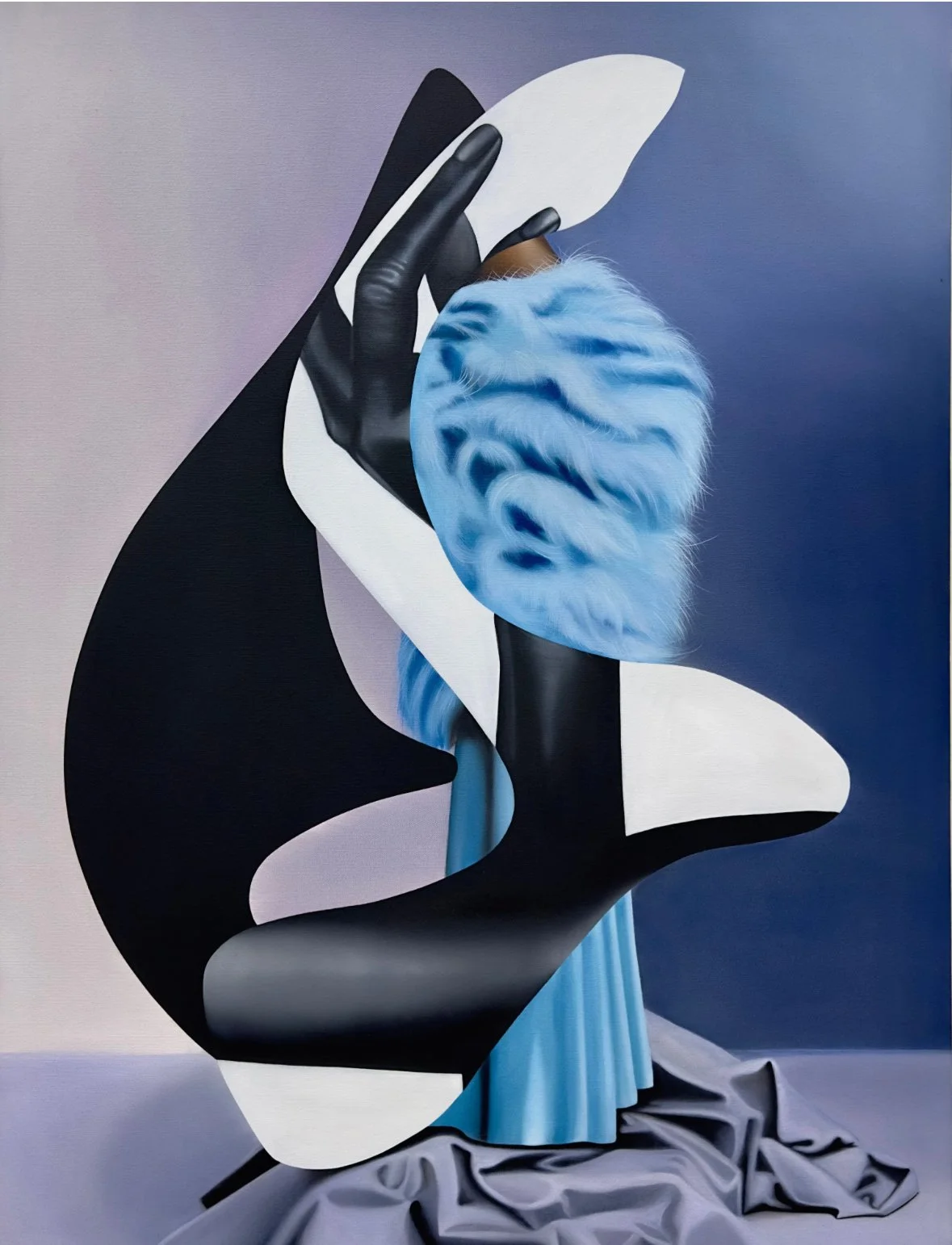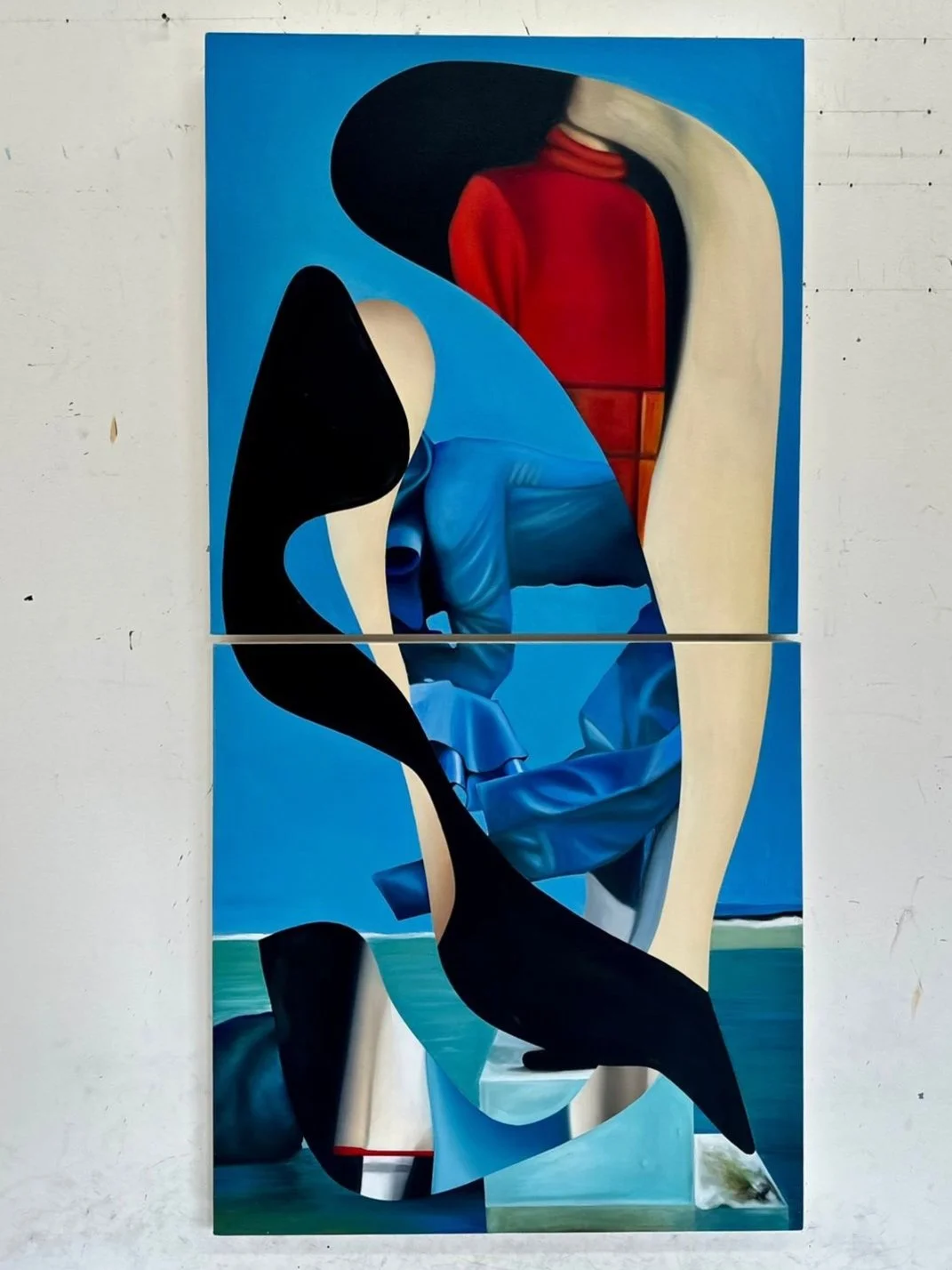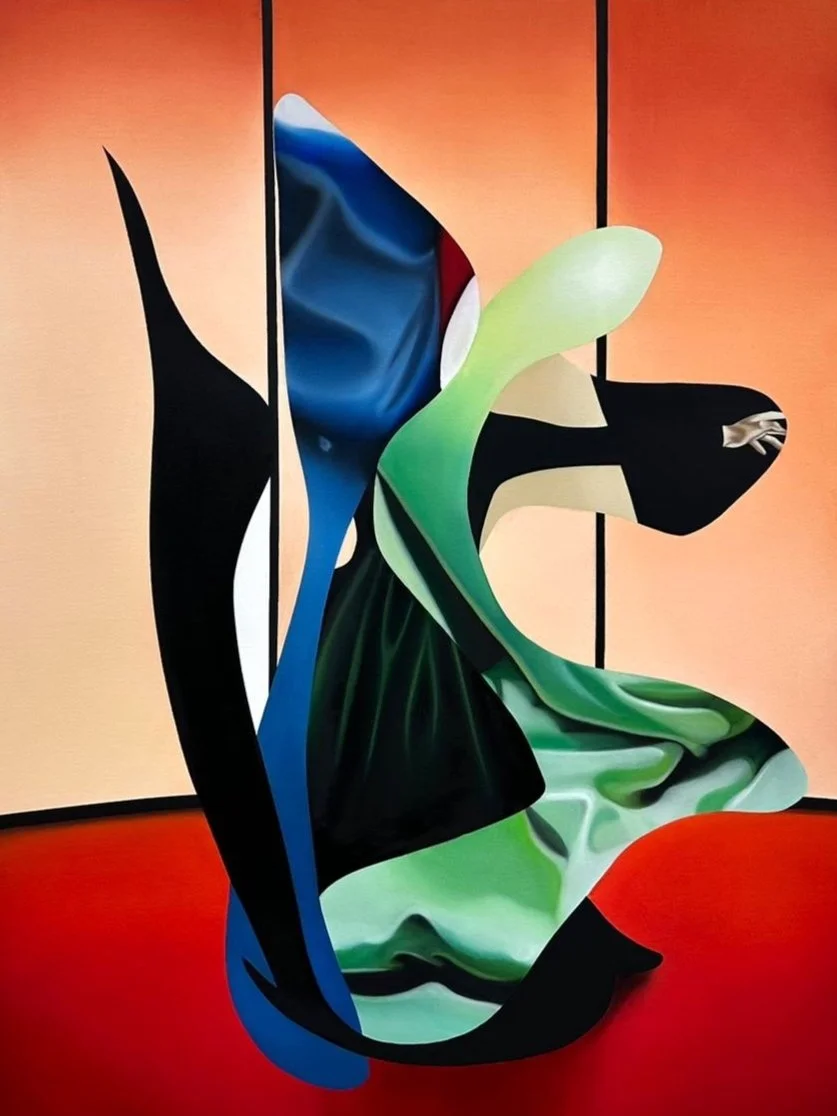Painting as an Escape: Interview with Melissa Ríos
Melissa Ríos
Born in Costa Rica and based in Mexico City, Melissa Ríos works primarily in painting and drawing. Mining the fertile ground between figuration and abstraction, Ríos draws on feminist, literary, and surrealist understandings of reality and its representation.
Ríos paints surreal, dream-like visions. Figures, objects, and abstracts overlap and aggregate like veils mediating between realms of experience. Full of emotional charge and presence, the paintings imagine the spaces between the physical and metaphysical, between imagination and experience.
Melissa Ríos was the artist in residence from July - Oct 2024 at The Mack Art Foundation.
This interview is in partnership with The Mack Art Foundation Residency program who supports emerging artists, offering immersion in the New York City’s art and culture. The program aims to broaden artists' perspectives and connects them with galleries, curators, and collectors.
mackartfoundation.org
INTERVIEW WITH MELISSA RÍOS BY LAURA DAY WEBB
What first drew you to art and when did you know this was the career you would pursue?
A sense of discomfort and dissatisfaction during my university years drew me to painting as an escape from formality and rationality. I studied architecture and then design, and while I am deeply grateful for that schooling, I realized it wasn’t my path. I was captivated by moments when I could create purely from my emotions, without any “reason”—those times when everything felt right, almost like building a parallel world without rules, or at least with only my own, which I love to break. In that world, I feel free, whole, and happy. A utopia, my own.
What advice would you give to aspiring artists?
When I realized what painting meant in my life, I promised myself to protect it, to place it somewhere where nothing could harm it—not even my own self-doubt. I gave it power, and I think it’s that promise that keeps me painting with the same passion as in the beginning. Preserve your art; take care of it, protect it, give it power, and everything else will flow.
Your approach to painting is a multi-layered one, beginning with the collaging of photographs and various found images. Can you tell us a bit about this process and how your investigation of the images' interplay leads to the finished outcome in oil?
In my process, I think my design background shows the most though I try not to rationalize or automate anything. This includes the moment I sit down at the computer, which I aim to make as unusual as possible, as well as my selection of images and the creation of the collage, which I try to keep as impulsive and quick as I can. Working this way means I don’t really know what the result will be, but I get just enough to begin painting on canvas. This part takes the longest, and it’s where I start to understand what I’m doing and what the spontaneous relationships from the previous stage are trying to say.
As you find inspiration in literary, feminist, and surrealist interpretations of reality, are there particular works that have inspired your latest series?
One of the last paintings I completed during my residency in Mac Art Foundation was strongly connected to an album, A Love Supreme by John Coltrane, specifically the first track, “Acknowledgement.” I listened to it by chance, and then over and over, and started to realize how musical the composition of that painting was becoming. This led me to understand my relationship with sound and melody a bit more; simple, but over time, very complex and interesting. The most beautiful part of this was that I later I received feedback from Christine Mack about the connection she saw in that painting specifically with music.
If you could study with an artist past or present, who would it be?
I think it would be incredible to study with Georgia O’Keeffe—I imagine learning from her how to see the magic in things—or with Leonora Carrington and Remedios Varo, who would definitely be my best friends!
Melissa Ríos
A Little Story, 2024
Oil on canvas
36 x 48 inches
Melissa Ríos
Voila (Diptych), 2024
Oil on canvas
63 x 31 inches
Melissa Ríos
Juro Vivir, 2024
Oil on canvas
47 x 35 inchess
Melissa Ríos
Entonces Bailemos, 2024
Oil on canvas
48 x 36 1/4 inches
